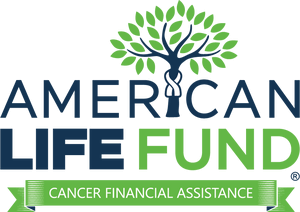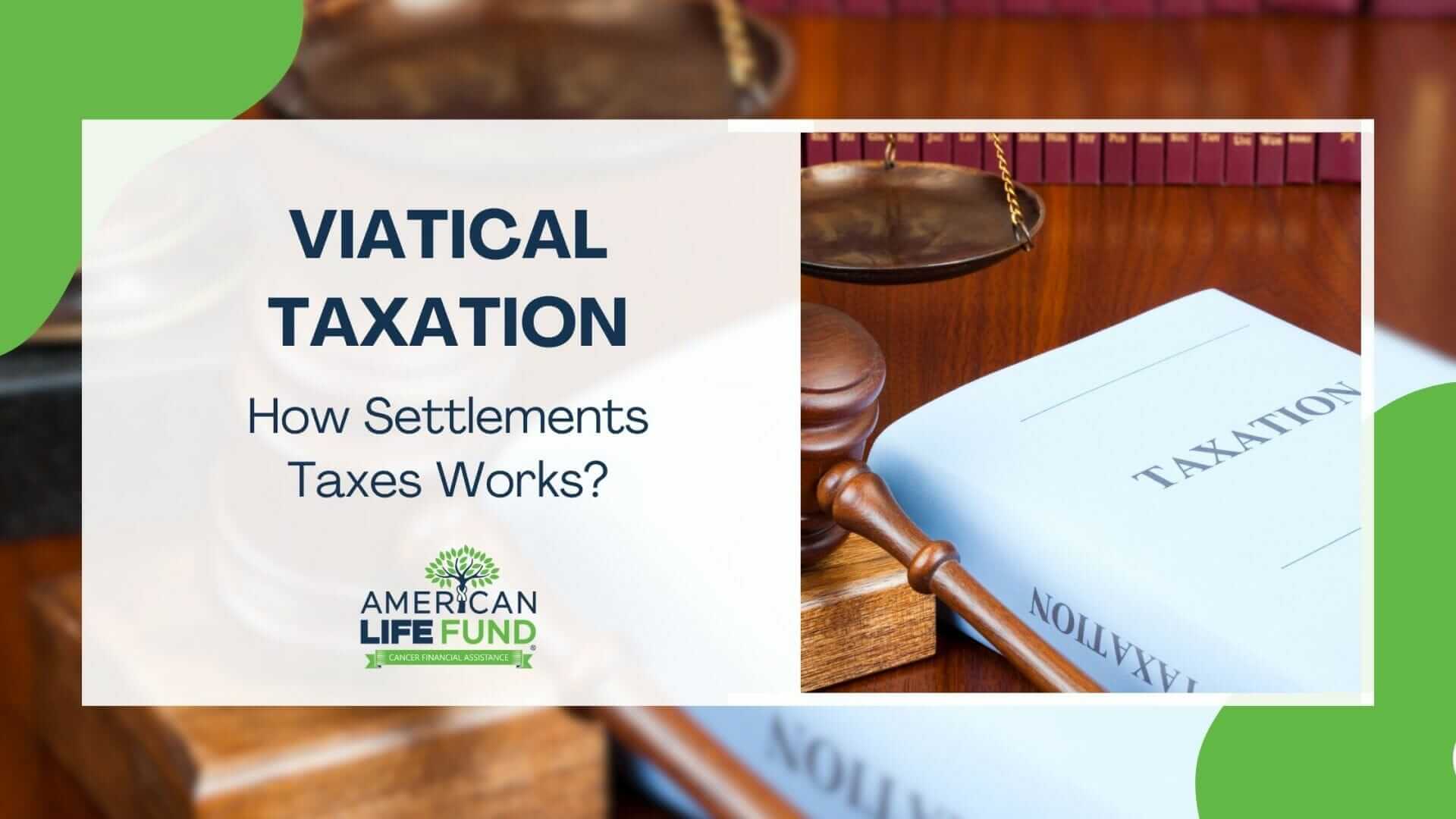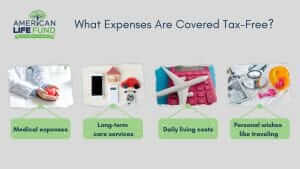Viatical settlements help people with serious illnesses by giving them access to money from their life insurance policies while they are still alive. This money can be used for medical bills, daily expenses, or spending time with loved ones.
Are viatical settlements taxable? Since 1996, the Health Insurance Portability and Accountability Act (HIPAA) has made them tax-exempt. Before this law, they were taxed.
To keep the settlement tax-free, it’s important to consult experts in viatical settlement taxation.
This article will explain viatical settlement taxation, its tax-exempt status, and key points for those seeking financial relief during health crises.
Key Takeaways
- Viatical settlements allow individuals with serious illnesses to sell their life insurance policies for immediate funds.
- Under the Health Insurance Portability and Accountability Act (HIPAA) of 1996, proceeds from viatical settlements are generally tax-exempt.
- To qualify for tax exemption, the policyholder must be certified as terminally or chronically ill by a physician.
- It’s essential to consult with a tax advisor to understand specific tax implications based on individual circumstances.
 Are Viatical Settlements Taxable?
Are Viatical Settlements Taxable?
Viatical settlements are generally not taxable, thanks to a tax code law passed in 1996 called HIPAA. Before this law, viatical settlement proceeds were considered taxable income. However, HIPAA changed the rules, making viatical settlements tax-exempt and thus providing financial relief for seriously ill individuals.
What is a Viatical Settlement?
A viatical settlement, or viatical, is a financial arrangement where a person with a life-threatening illness sells their life insurance policy to a third-party life settlement company for an immediate lump sum payment. The payment received is usually less than the policy’s full death benefit but more than the cash surrender value.
Viatical settlements are offered to someone who faces a life-threatening illnessl, often with high medical costs. Through a viatical settlement the immediate funds can be used for any purpose, including covering medical and healthcare expenses, daily living costs, or fulfilling personal desires.
How Does Life Expectancy of 24 Months Impact Viatical Settlement Taxation?
Life expectancy significantly influences the taxation of viatical settlements. Under the Health Insurance Portability and Accountability Act (HIPAA) of 1996, viatical settlements are tax-free if the life expectancy of the individual selling the insurance policy is 24 months or less. The tax exemption is designed to provide financial assistance to individuals facing serious illnesses.
However, suppose the life expectancy exceeds 24 months. In that case, the viatical settlement may have different tax implications. It would fall under the category of a life insurance settlement, which may be completely or partially taxable. It’s important to consult with an experienced tax advisor to fully understand the tax treatment of a viatical settlement and ensure compliance with the tax laws.
Tax Filing For Viatical Settlement Income in Tax Season
Dealing with the tax filing process for viatical settlement income requires a clear understanding of the documentation and steps involved to ensure compliance and secure the tax benefits allowed for a viatical settlement.
What Documentation is Required for the Tax Exemption?
Securing the tax exemption for a viatical settlement involves providing specific documentation that validates the transaction and the individual’s health condition.
The primary document is a physician’s statement certifying the illness and the life expectancy of the individual selling the life insurance policies. Additionally, documents detailing the viatical settlement transaction, such as the agreement with the settlement company and payment records, are important.
It’s advisable to retain copies of all correspondence and agreements related to the viatical settlement to provide a comprehensive record for tax purposes.
Filing for Federal Income Taxation
When filing for federal income tax, the viatical settlement proceeds should be reported correctly to ensure the tax exemption is applied. Engaging a tax professional or financial advisor familiar with viatical settlements is advisable to assist in filing. A financial or tax advisor will guide you on the appropriate forms and the sections to fill out to accurately report the viatical settlement income.
A thorough understanding of the federal tax code and the specific provisions related to viatical settlements is important when managing the federal income taxation filing process accurately and efficiently.
How Do Specific Illnesses Affect Viatical Settlement Taxation?
Viatical settlement taxation primarily hinges on the individual’s life expectancy rather than the specific type of illness. However, certain severe illnesses may lead to a shorter life expectancy, which could make the proceeds from a viatical settlement tax-exempt.
When filing viatical settlement taxation, you must have a precise medical evaluation to determine life expectancy.
What Expenses Are Covered Tax-Free?
The funds from a tax-free viatical settlement are used for any expense without restrictions. Common uses include:
- Medical expenses
- Long-term care services
- Daily living costs
- Fulfilling personal wishes like traveling
The tax-free nature of viatical life settlements under the specified conditions aims to provide financial relief to individuals facing life-threatening illnesses, enabling them to use the funds according to their needs and preferences.
Taxation of Life Insurance Policy Cash Surrender Versus Viatical Settlements
When you opt for a cash surrender of your life insurance policy, you may face tax implications on the amount received. A viatical life settlement offers tax-free financial aid if you have a life expectancy of 24 months or less due to a severe illness.
The difference in tax treatment between these two options is important when considering the financial impact, making a viatical settlement potentially more favorable for individuals facing serious illnesses. Understanding these distinctions helps you make better decisions that suit your financial and health circumstances.
The taxation on a life insurance cash surrender depends on the policy’s cash value compared to the premiums paid. Suppose the cash value, which is the amount you receive, exceeds the total premiums paid. In that case, the excess is considered taxable income. It may be taxed as capital gains or subject to income tax at your ordinary income tax rate.
Would I get more money from a life insurance cash surrender or a viatical settlement?
Generally, individuals receive more from a viatical settlement than a life insurance cash surrender. Viatical settlements tend to offer a higher percentage of the policy’s death benefit, which is higher than the cash surrender value.
What is the difference between a living benefit vs a viatical settlement?
Living benefits, also known as death benefits, and the viatical settlement provide financial resources to policyholders, yet they differ in terms and conditions.
Living benefits, an advance on your life insurance death benefit, are often limited to specific uses like medical expenses.
According to the Internal Revenue Service (IRS) guidelines, living benefits may be tax-free if terminally ill. It’s important to adhere to the specific terms and conditions outlined by the Internal Revenue Service and your insurance provider to ensure the tax-free status of these benefits.
How Does a Viatical Settlement Impact Estate Tax?
Viatical life settlements can reduce the size of your estate, as they provide a lump sum payment now instead of a larger death benefit later to your beneficiary. Estate taxes decrease if the estate’s value falls below the taxable threshold.
However, estate tax laws and thresholds vary from state to state, so it’s encouraged that you consult with a tax professional to understand the specific implications a viatical settlement may have on your estate tax situation.
I have a life expectancy of 24 months. Can I get a viatical settlement?
Yes, with a life expectancy of 24 months or less, you are typically eligible for a viatical settlement. It’s advisable to contact your healthcare provider and a life insurance settlement association to discuss your specific situation and obtain a viatical settlement offer.
Who pays the premium on life insurance after a viatical settlement?
After a viatical settlement, the viatical settlement company takes over the ownership of the life insurance policy and becomes responsible for paying the premiums. This change in ownership allows the individual to receive a lump sum payment while transferring the obligation of premium payments and the eventual death benefit to the settlement company.
What is the Viatical Settlements Model Act?
The Viatical Settlements Model Act is a pivotal piece of legislation crafted by the National Association of Insurance Commissioners (NAIC) in 1994, designed to guide states in regulating viatical settlements.
Due to the expanding life settlement market, the NAIC deemed it necessary to revisit and revise this model act in June 2007. The revised act strengthened consumer protections and took steps to prevent “stranger-originated life insurance” (STOLI) by imposing a five-year ban on settling life insurance policies.
Frequently Asked Questions About Viatical Settlement Taxation
Are Viatical Settlements Subject to Income Tax?
As of 1996, most viatical settlements are tax-free, with a few small stipulations for the chronically ill.
Who Pays The Premiums on a Viatical Settlement?
After you have closed your viatical settlement, the viatical settlement company (like us at American Life Fund) pays your premiums.
NOTE: See our articles on financial assistance for your life-threatening or chronic illness here:








